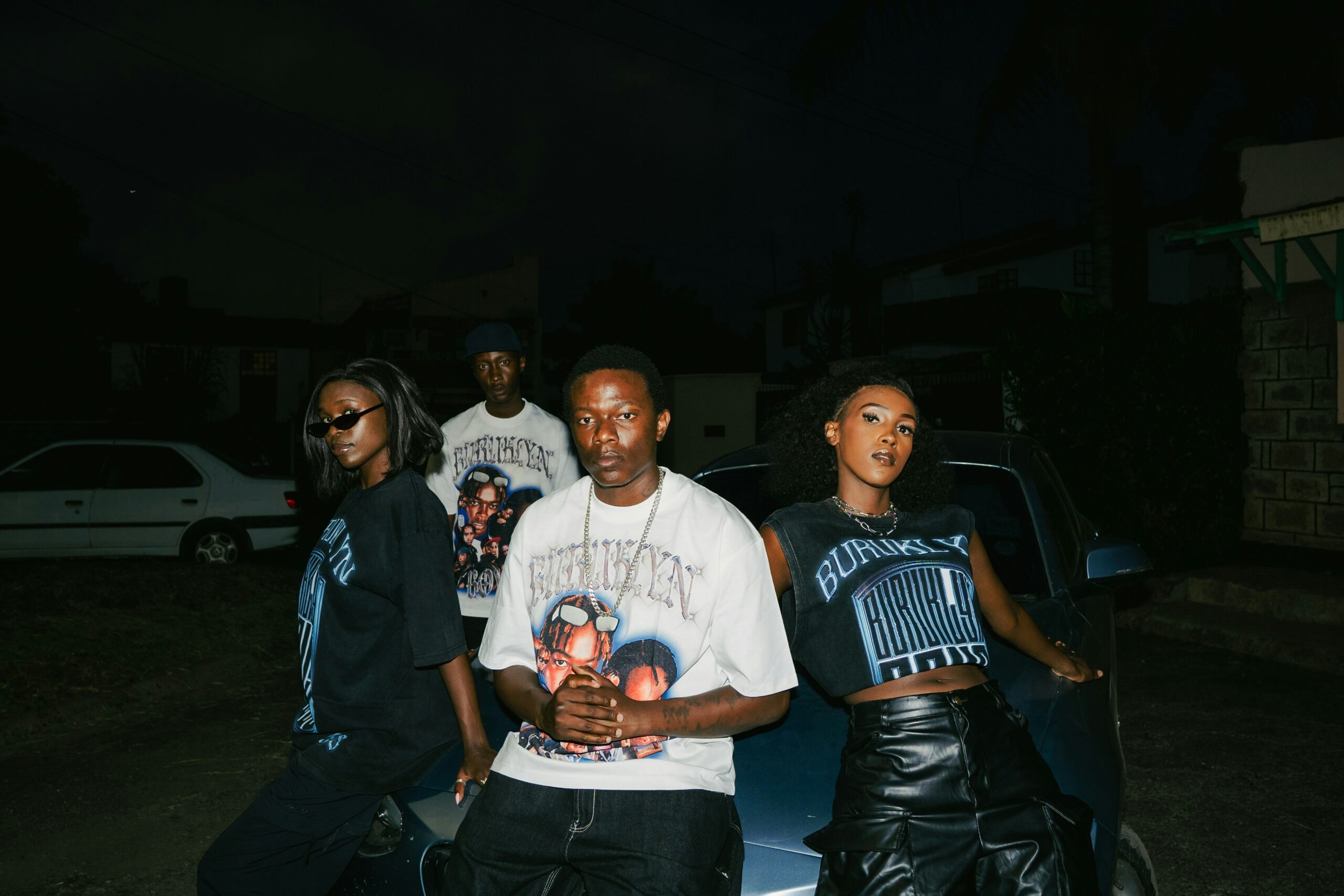Stay
UpdateD
Join the BPC
Email List
Stay up to date on exciting projects and upcoming events from the Black Promoters Collective.

There was a time when millennials ruled the internet with ironic Tumblr posts and the golden age of Instagram filters. But now, in the TikTok era, their once effortless cultural currency is being rebranded with a new term: millennial cringe. This topic has become one of the internet’s favorite cultural conversations, as The Ringer describes. It is a label for the awkward, nostalgic and hilarious digital quirks that defined an entire generation. This phenomenon highlights many things, including the “millennial pause” at the beginning of a video.
Other examples include overenthusiastic nostalgia posts and throwback trends rising in popularity across the internet. What and who once felt cool or authentic in the late 2000s and early 2010s now gets lovingly or ruthlessly mocked online. Still, the idea of millennial cringe isn’t about shaming so much as it is about recognizing the unique cultural habits of a generation that straddled the analog and digital divide.
Spotting a millennial out in the world or online often comes down to noticing the generational quirks immortalized in memes. The “millennial pause” has become one of the clearest markers, per Know Your Meme. It is the tiny, awkward beat before speaking on camera that TikTok-savvy Gen Zers rarely make. Other giveaways of a millennial include the overuse of certain emojis like the crying-laughing face and a selfie-heavy Instagram feed.
Another dead giveaway is an enthusiastic devotion to nostalgic content, such as a Harry Potter fandom. This is like a cultural footprint of a generation that came of age during the rise of Facebook, BuzzFeed quizzes and heavily filtered photos. These things still resonate with millennials today, but now they read as a bit cringe to younger audiences.
What’s important to remember is that millennial cringe isn’t really a bad thing. It’s more like acknowledging a time capsule of how digital culture shaped this generation. Millennials carved out their online identities during the explosion of social media platforms. They adapted some quirks that look amusingly dated today.
Millennial cringe is impacting marketing in intriguing ways as Dash Social reports. With the online shenanigans of millennials now becoming a somewhat sensitive topic, it is no surprise that marketing teams have to be extra careful about how they engage in relevant content. For example, marketing campaigns that once targeted millennials with quirky yet relatable content now risk being labeled as outdated. One millennial cultural moment that seems to have passed is the “adulting” humor that has resonated with many people, but now feels worn out to Gen Zers. These days, it is often parodied online and is not taken as seriously as it once was.
Because of this, companies that lean too heavily into millennial nostalgia aren’t necessarily rewarded unless that specific audience receives their content. And things like references to the Harry Potter fandom (particularly post-J.K. Rowling cancellation) and an unwavering penchant for avocado toast can unintentionally highlight the cultural divide that is steadily growing.
Of course, some companies are still embracing millennial cringe as a marketing strategy because that is their brand’s main audience. Poking fun at outdated trends and some exaggerated millennial quirks can turn cultural self-awareness into a new way to connect audiences across age gaps. Ultimately, the lesson here is that “cringe” can be both a marketing liability and an asset, depending on how authentically it is used.
The differences between millennials and Gen Z are mainly their birth years. Millennials are people who were born between 1981 and 1996. Then there is Gen Z, which is considered the people born between 1997 and 2012. But things go deeper than age, according to Telecoming. Millennials were technically digital pioneers since they were the first to adopt smartphones, social media and streaming culture. But the difference is, people who are a part of Gen Z are digital natives who never knew a world without them. And this subtle shift has definitely shaped cultural aesthetics.
Behaviorally, Gen Z is more risk-averse and health-conscious compared to millennials. While millennials embraced indulgent social culture (think boozy brunches and craft beer festivals) Gen Z has showcased a different kind of restraint. They have generally opted for more sober socializing, ethical consumerism and brands that align with their progressive values. Where millennials might gush about their childhood cartoons or binge-watch Friends, Gen Z is more likely to remix cultural content with persistent sarcasm online, as Medium reports.
Despite “millennial cringe” becoming a viral shorthand, it doesn’t mean that every generation looks down upon the one before them. In fact, some view millennials with a kind of affectionate respect and earnest appreciation. After all, millennials did lay the groundwork for much of the digital space that Gen Z now enjoys. Without their early use of social media platforms like Instagram, Twitter, Tumblr and Vine, the TikTok humor that has been widely cherished today might not even be the same.
A lot of Gen Zers choose to appreciate millennial culture by remixing its nostalgic elements. Things like throwback Disney Channel shows, early memes and Vine references often resurface on platforms like TikTok. However, the remixed version is served up with a new layer of irony and is refreshed with culturally relevant references. So what one group sees as dated, another can see as retro chic once brought back to the cultural forefront. In today’s chronically online world, millennials are less “cringe” and more so a reminder of the formative internet era that simultaneously feels comforting and oddly timeless.
Why does Gen Z drink less alcohol?
The trend of Gen Z drinking less alcohol than their millennial counterparts (or previous generations) is well-documented. Surveys show that alcohol consumption has steadily declined among young people since the early 2000s. Health consciousness movements like Dry January have even influenced things, per Time Magazine.
What generation is Gen Z most like?
Due to the economic hardship and political turmoil they have endured, they are pretty similar to the Silent Generation (1928 to 1945) or millennials. However, as BBC reports, their technological and cultural context has been very different from that of other generations.
Stay up to date on exciting projects and upcoming events from the Black Promoters Collective.

©2025 Black Promoters Collective (BPC) All Rights Reserved.